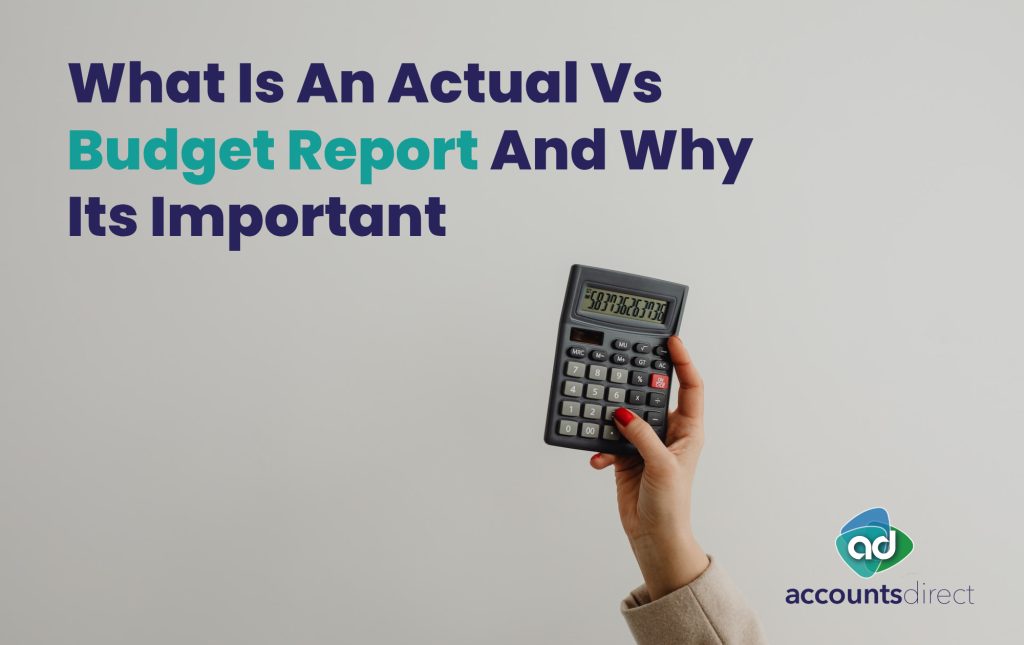Managing a business requires keeping track of financial performance to make informed decisions. One of the most important tools for measuring performance is the actual vs. budget report. This report compares the actual financial performance of a business against the budgeted figures. In this blog, we’ll discuss the importance of actual vs. budget reports and how they can help businesses manage their finances more effectively.
What is an actual vs. budget report?
An actual vs. budget report is a financial report that compares actual performance against the budgeted figures. It is used to measure the financial performance of a business and to identify areas where the business is over or underperforming. This report is typically prepared on a monthly or quarterly basis and is used by management to make informed decisions about future business activities.
Importance of actual vs. budget report
- Monitor financial performance: Actual vs. budget reports allow businesses to monitor their financial performance regularly. By comparing actual results against the budget, businesses can identify areas of underperformance and take corrective action before it’s too late.
- Make informed decisions: The actual vs. budget report provides management with accurate data to make informed decisions. By comparing actual results against the budget, businesses can identify trends and adjust their strategies accordingly.
- Identify financial risks: The actual vs. budget report helps businesses identify potential financial risks. By comparing actual results against the budget, businesses can identify areas of high expenditure or low revenue and take corrective action to reduce the risk of financial difficulties.
- Control costs: The actual vs. budget report helps businesses control costs. By comparing actual results against the budget, businesses can identify areas where costs are higher than expected and take corrective action to reduce expenses.
- Forecast future performance: Actual vs. budget reports help businesses forecast future performance. By comparing actual results against the budget, businesses can identify trends and use this information to make accurate forecasts for the future.
How to prepare an actual vs. budget report?
- Gather actual financial data: Collect all actual financial data, including revenue, expenses, and profit/loss for the period.
- Compare actual performance against the budget: Compare actual performance against the budgeted figures for the period. This should include both financial and non-financial data.
- Analyze variances: Analyze the variances between actual and budgeted figures. Identify the areas where the business over or underperformed and determine the reasons for the variances.
- Take corrective action: Take corrective action to address any areas of underperformance or high expenditure. This may involve adjusting the budget or changing business practices.
In conclusion, the actual vs. budget report is an essential tool for measuring financial performance and making informed decisions. It allows businesses to monitor financial performance, identify potential risks, control costs, and forecast future performance. By regularly preparing and analyzing actual vs. budget reports, businesses can stay on top of their finances and make informed decisions that drive business success.

